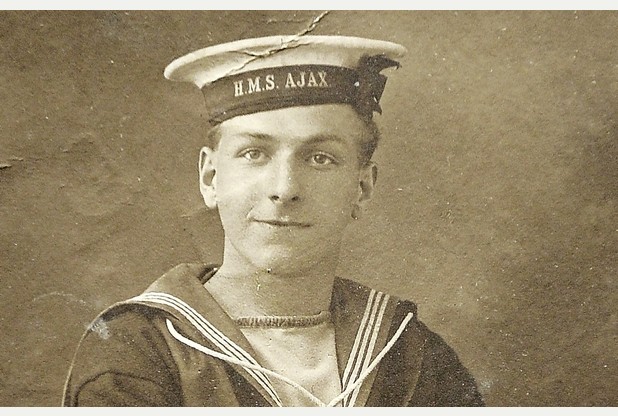The Battle of Jutland was one of the most treacherous battles at sea during World War I. Edgar Ellis, who joined the war effort when he was only fifteen years of age, found himself wounded on day one of his assignment, yet managed to escape the fight alive. Ellis had lied about his age to join the war effort, but he suddenly found himself to be a brave soldier for his age when the Battle of Jutland broke out between the British and German forces.
The Royal Navy was largely responsible for the fight, as they led the German fleet into a trap. While the British outnumbered the Germans heavily, the Dreadnoughts commanded by German naval forces still proposed a threat to anyone in the line of fire. In fact, during the Battle of Jutland, the British fleet lost at least three ships more than the Germans did. Ellis was aboard the HMS Ajax, which was not positioned well during the fight and could therefore not cause a great deal of damage to the Germans.
Although the HMS Ajax was limited in offensive capabilities, this did not stop German fire from landing a blow on the ship. Many soldiers were hit by shrapnel, but all continued their duties aboard the ship. One such injury during the Battle of Jutland was experienced by Ellis, who found himself nearly scalped by an errant piece of shrapnel. The blood from the head wound was so bad that he actually thought he had died.
Ellis was then aided by another crew member, who tied a bandana around the loose flap of scalp that was hanging over the young boy’s eyes. He did not argue when he was told to carry on as if nothing had happened. The Battle of Jutland continued, and Ellis continued with it. Even his initial fear that he had died did not dissuade him from performing his duties to his fullest abilities, The Sentinel reports.
Surviving the Battle of Jutland, Ellis went on to marry and give birth to three children. He is remembered by them for his strong will and his overall strength of character, qualities which served him well when fighting through an injury that might have sent some men his age into shock. He was also known for his religious faith, something which may have added to his relative calm when he thought he was staring death in the face. While the Battle of Jutland was not an outright victory in the sense the British had expected, crew members like Ellis made it a show of British strength and helped raise spirits early in the war.
